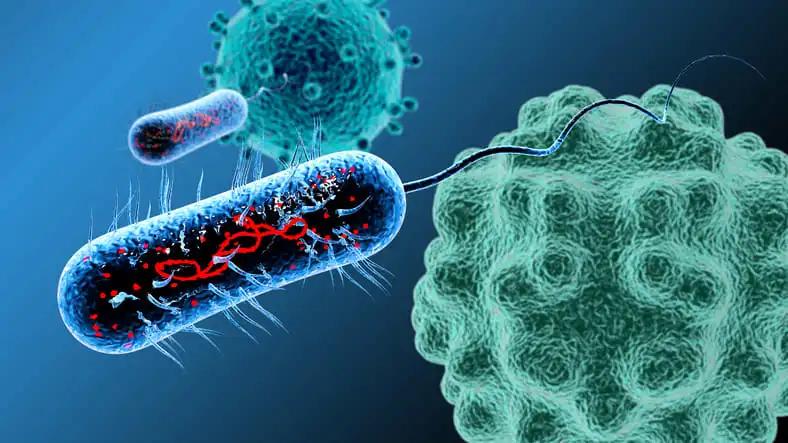KEY TAKEAWAYS
- The study aimed to explore the link between gut microbiome and lymphoma development and its implications.
- Results showed that gut microbiome plays a crucial role in lymphoma, offering potential diagnostic and therapeutic targets.
The human gut is home to a complex community of microorganisms collectively termed the gut microbiome (GMB). This ecosystem plays a crucial role in maintaining host health. However, disruptions in this balance, termed dysbiosis, are increasingly linked to various diseases, including cancers like lymphoma.
Sabri Saeed Sanabani and the team aimed to explore the intricate relationship between GMB composition and the development of lymphoma, highlighting its potential for future diagnostic and therapeutic strategies.
Studies focused on microbial dysbiosis, the imbalance of gut bacteria, as a critical factor in lymphoma development and progression, as well as its impact on treatment efficacy. The review covered the influence of bacterial metabolites like short-chain fatty acids (SCFAs) in modulating immune function and inflammation, with specific attention to CAR-T cell therapy and hematopoietic stem cell transplantation (HSCT).
The study also examined the effects of antibiotics and microbial diversity on cancer therapies, particularly chronic lymphocytic leukemia (CLL) and diffuse large B-cell lymphoma (DLBCL), and considered fecal microbiota transplantation and prebiotics as therapeutic interventions.
Multiple studies were analyzed to highlight how microbial composition can serve as a biomarker for treatment success and potentially guide the development of microbiome-targeted therapies.
The results from the review showed that dysbiosis plays a critical role in the development and progression of lymphoma by influencing immune activation and inflammation. Studies revealed that patients with CLL exhibited lower microbial diversity and higher levels of Bacteroides and Proteobacteria.
In patients undergoing CAR-T cell therapy, those who had not taken antibiotics had better clinical outcomes, while antibiotic exposure prior to treatment was associated with poorer survival and increased neurotoxicity.
Similarly, in patients with DLBCL, lower gut microbiota diversity was linked to reduced treatment success and higher mortality. Studies also demonstrated that specific bacterial taxa correlated with both treatment response and the occurrence of severe cytokine release syndrome (CRS).
Additionally, HSCT in pediatric patients with ALL negatively impacted GMB diversity, but physical exercise during treatment improved microbial diversity. Research on microbial interventions, such as fecal microbiota transplantation (FMT) and the use of prebiotics, highlighted their potential to optimize gut health and enhance cancer treatment outcomes.
The GMB played a crucial role in the development and progression of lymphoma. Further research into GMB holds exciting potential for developing novel diagnostic tools, predicting treatment outcomes, and creating targeted therapies for patients with lymphoma.
This research was funded by the Fundação de Amparo à Pesquisa do Estado de São Paulo (FAPESP) grant 2022/09354-9.
Source: https://www.clinical-lymphoma-myeloma-leukemia.com/article/S2152-2650(24)01801-9/fulltext
Sanabani SS. (2024). “Impact of gut microbiota on lymphoma: New frontiers in cancer research.” Clin Lymphoma Myeloma Leuk. 2024;24(8). doi:10.1016/j.clml.2024.08.008



